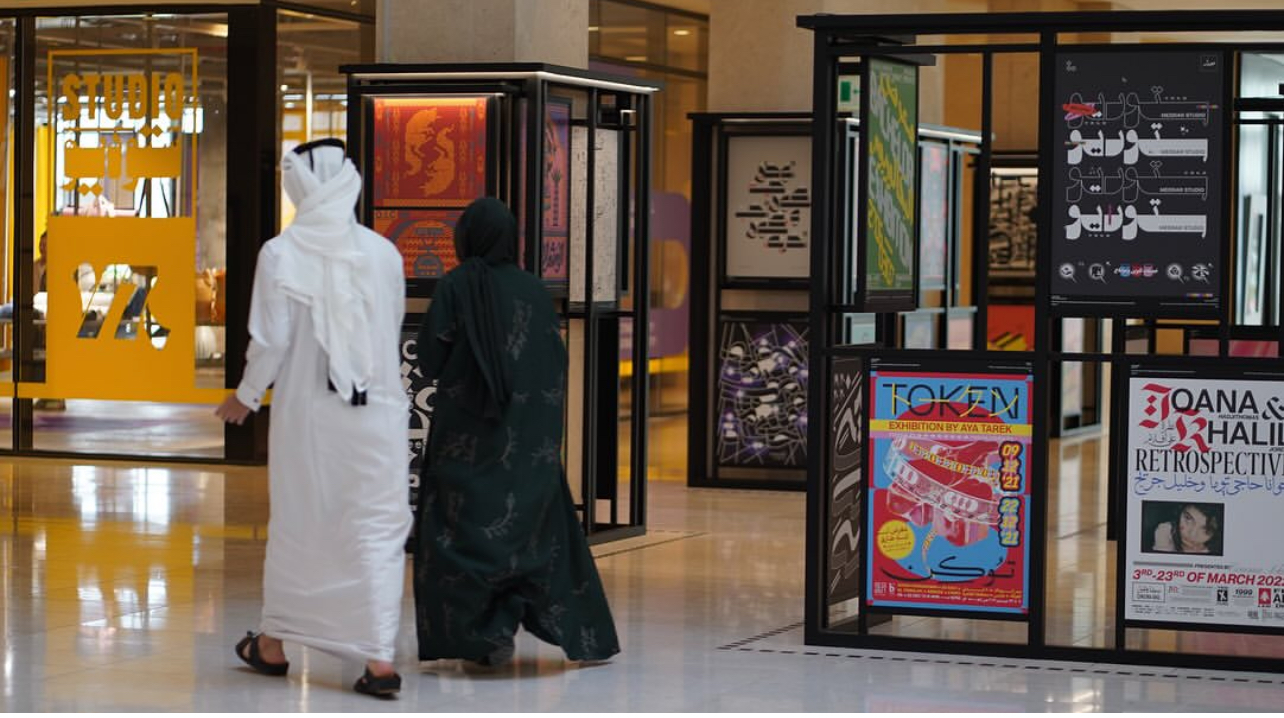
As Qatar residents prepare to leave the country for their annual summer vacations – or for good – many appear to once again be leaving their pets behind, putting a strain on the country’s already overworked rescue shelters.
This year, the issue seems especially problematic due to layoffs in the energy sector, animal shelter groups have said.
Speaking to Doha News, Kelly Allen, one of the founding members of the Qatar Animal Welfare Society, said:
“We are finding an increasing number of people this year who are phoning in and are having to leave all of a sudden because of the layoffs. Most people weren’t expecting to leave, or don’t have funds set aside now to take the pets with them. It’s a really difficult situation.
All we can recommend is that they try to do everything they can to take their pet. Rehoming animals is almost impossible during the summer. No one is thinking of adopting now; people only look to to adopt in September, when they’re back from their summers. It’s not logistically possible to rehome them now.”
‘Dumping season’
This time of the year is often the most difficult for shelters in Doha, which find themselves overcrowded, understaffed and underfunded throughout the summer.
“It all happens simultaneously,” said Allen. “Kitten season occurs immediately before the summer, so our boarding facilities are full with new litters.”

She continued:
“Then the summer starts and we have animals being left behind. At the same time, our volunteers and helpers also leave the country. We have animals being dumped at our doorstep or tied up to our fences, and though we are full, we cannot turn them away.”
To cope with the influx, both QAWS and 2nd Chance Rescue are stepping up their efforts this year to help offset the monetary and manpower burdens that the dumping season brings.
The organizations are holding food, charity and volunteer drives via their various social media accounts in an attempt to pay for the thousands of dollars of out-of-pocket funds used to sustain their secure shelters.
Speaking to Doha News, Amy Redfern, one of the main caretakers at 2nd Chance Rescue, said:
“Donations dry up in the summer. Everyone is struggling right now. The pro-animal committee flies out of the country, so do the donations with them.
At the moment, we’re trying to raise awareness of the urgency of the situation, which a lot of people don’t know about. They assume that the government helps or that shelters are funded. This is not how it is. This is coming out of our pockets. All the other shelter groups are crying out for help.”

The shelter started a food drive last week, and has so far accumulated some 240kg of pet food in donations.
While the number may seem large, the amount collected so far is only enough to feed the shelter’s large number of canine inhabitants for three to four days, organizers said.
Food costs aside, which, according to a Facebook post by 2nd Chance, amount to some QR25,000 per month, other organizations like QAWS have begun rent and volunteer drives to raise the QR51,000 required to home the shelter’s 250-plus residents.
The campaign, which started last week, has raised nearly QR25,000 in a week, according to its online crowdfunding page.
Awareness campaign
The crux of the issue, according to Allen and Redfern, stems from a lack of awareness of the responsibilities involved with owning a pet.
“If you do get an animal, you have to be responsible to them for the rest of their life,” Allen said. “A dog lives for about 18 years, a tortoise for about 80 to 90 years, and parrots for about 60 years. People buy these animals from (Souq Waqif) because they are cheap and easy to get a hold of, and they don’t do their research.
They don’t realize that animals are not easy to take care of. When we talk about a lifetime responsibility, it’s your life time and possibly your children’s.”

Throughout the year, both organizations stress the importance of pet responsibility, research and preparedness, and have been asking people to ensure that their pets either fulfill the necessary pre-departure airline requirements, or that shelters are contacted in advance to arrange boarding facilities.
Expats traveling to Europe, for example, have to ensure that their pets have a blood test for rabies carried out at least three months prior to departure.
To help address this issue, a new group, the Doha Animal Welfare Group Support (DAWGS) was set up last week as an umbrella organization that works to raise awareness of the dumping season, travel requirements and pet-related issues for rehoming animals.
Spearheaded by Kate Lennon, a British expat, the group has begun its first social media campaign under the title of “Please Don’t Leave Me,” to deter residents from dumping their pets.
“This group is a virtual pair of hands. Our first campaign asks people to think about what happens when they leave their animals behind. Pets don’t have a survival instinct. A lot of people think that they’ll be okay, but they won’t be,” Lennon said.
The group’s next campaign, which comes out next week, addresses the issue of waning foster homes given the summer months, and is hoping to encourage people who wouldn’t have otherwise considered fostering, to help out over the summer.
“From what I’ve heard is that it’s really bad this year. There’s a lot of people leaving their jobs across the Middle East, and that’s seemed to have had a (detrimental) effect on the animals,” Lennon said.
Thoughts?







